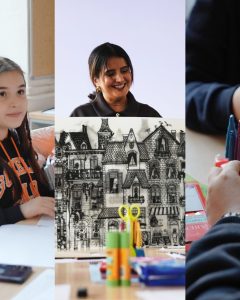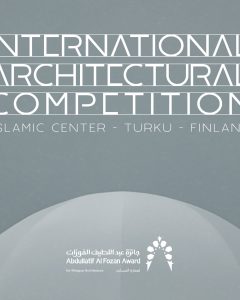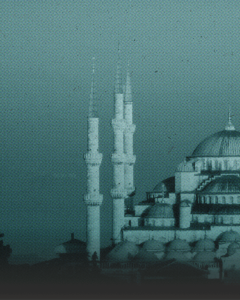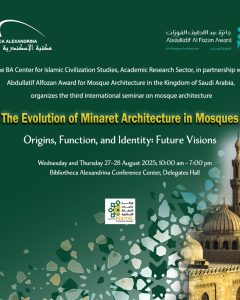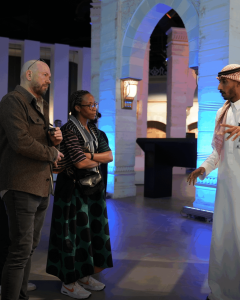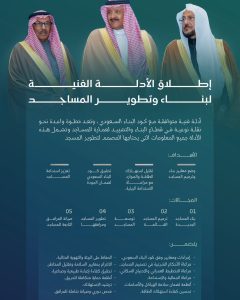The Abdullatif Alfozan Award for Mosque Architecture has honored seven awarded mosques in its third cycle under the theme “Mosque architecture in the twenty-first century”, evaluating their unique architectural concepts as well its connectivity with local communities.
The awarded projects came out of 27 mosques on the shortlist that competed for the award out of a total of 201 mosques from the Islamic world that applied for the award from 43 countries on three continents.
Established in 2011, the competition aims to set “a base and a broader understanding of the levels of mosque architecture between the past, present, and future”, according to the organization. The jury considered three categories: central mosques with influence and presence on a national level in each country, mosques where Friday prayers are held (Jumaa’ Mosques), and neighborhood-scale mosques.
The awarded seven mosques are:
- Grand Mosque of King Abdullah Financial District / Omrania Associates (Saudi Arabia)
- Amir Shakib Arslan Mosque / L.E.FT Architects (Lebanon)
- Sancaklar Mosque / Emre Arolat Architects (Turkey)
- Basuna Mosque / Dar Arafa Architecture (Egypt)
- Red Mosque / Kashif Mahboub (Bangladesh)
- The Great Mosque in West Sumatra / Rizal Muslimin + Urbane Indonesia + Penta Rekayasa (Indonesia)
- Great Mosque of Djenne (Mali), has been awarded for the Djenne community efforts in maintaining their mosque
The awarding reviewal process has been done by an international master jury of four architects, one anthropologist, one artist, and one art critic. According to the organization, the secretary-general of the award, Dr. Mashary Al Naim, stated that the award is considered a basic platform that contributes to developing knowledge of mosque architecture and building global knowledge about the typology and its related arts.
